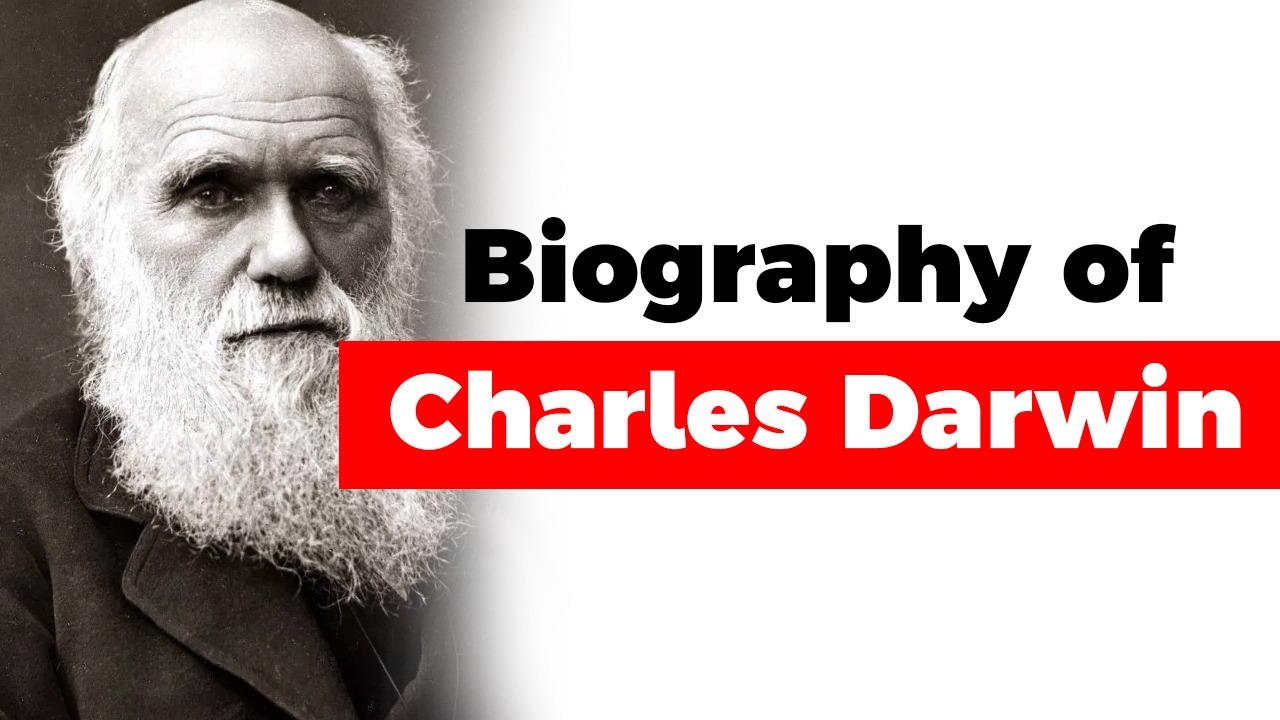Table of Contents
EARLY LIFE
- Charles Darwin was born on February 12, 1809, in the tiny merchant town of Shrewsbury, England. A child of wealth and privilege who loved to explore nature, Darwin was the second youngest of six kids.
- Darwin came from a long line of scientists: His father, Dr. R.W. Darwin, was a medical doctor, and his grandfather, Dr. Erasmus Darwin, was a renowned botanist. Darwin’s mother, Susanna, died when he was only eight years old.
EDUCATION
- In October 1825, at age 16, Darwin enrolled at University of Edinburgh along with his brother Erasmus. Two years later, he became a student at Christ’s College in Cambridge.
- His father hoped he would follow in his footsteps and become a medical doctor, but the sight of blood made Darwin queasy. His father suggested he study to become a parson instead, but Darwin was far more inclined to study natural history.
THE EPIC JOURNEY
- While Darwin was at Christ’s College, botany professor John Stevens Henslow became his mentor. After Darwin graduated Christ’s College with a bachelor of arts degree in 1831, Henslow recommended him for a naturalist’s position aboard the HMS Beagle.
- The ship, commanded by Captain Robert FitzRoy, was to take a five-year survey trip around the world. The voyage would prove the opportunity of a lifetime for the budding young naturalist.
- On December 27, 1831, the HMS Beagle launched its voyage around the world with Darwin aboard. Over the course of the trip, Darwin collected a variety of natural specimens, including birds, plants and fossils.
GALAPAGOS
- Upon his return to England in 1836, Darwin began to write up his findings in the Journal of Researches, published as part of Captain FitzRoy’s larger narrative and later edited into the Zoology of the Voyage of the Beagle.
- The trip had a monumental effect on Darwin’s view of natural history. He began to develop a revolutionary theory about the origin of living beings that ran contrary to the popular view of other naturalists at the time.
WALLACE AND DARWIN
- By summer 1858, Darwin had written a quarter of a million words on evolution – and published none. Then a letter compelled him to go public.
- Alfred Russel Wallace was an admirer of Darwin’s. Inspired by the Beagle voyage, Wallace set off travelling. He independently arrived at a theory of natural selection and wanted Darwin’s advice on how to publish. Darwin realised that if he didn’t go public quickly then Wallace would take credit for the new ideas, but Wallace was abroad and uncontactable.
- This left Darwin in a moral quandary. As well as agonising over whether to speak out, he had to decide how to treat Wallace fairly.
THEORY OF EVOLUTION
- Darwin saw how transmutation happened. Animals more suited to their environment survive longer and have more young. Evolution occurred by a process he called ‘Natural Selection’.
- He decided to gather more evidence before going public. In the meantime, he made his name by publishing an account of his travels.
- In 1851, Darwin’s favourite daughter, 10-year-old Anne, sickened and died. Darwin also grew ill, suffering long bouts of nausea.
THEORY OF EVOLUTION
- Darwin’s theory of evolution declared that species survived through a process called “natural selection,” while those species that failed to evolve and reproduce died off.
- Through his observations and studies of birds, plants and fossils, Darwin noticed similarities among species all over the globe, along with variations based on specific locations, leading him to believe that the species we know today had gradually evolved from common ancestors.
- Darwin’s theory of evolution and the process of natural selection later became known simply as “Darwinism.”
THEORY OF EVOLUTION
ORIGIN OF SPECIES
- In 1858, after years of scientific investigation, Darwin publicly introduced his revolutionary theory of evolution in a letter read at a meeting of the Linnean Society.
- On November 24, 1859, he published a detailed explanation of his theory in his best-known work, On the Origin of Species by Means of Natural Selection.
- Origin of Species was a bestseller worldwide and went into multiple editions.For the 5th edition he introduced the phrase ‘survival of the fittest’, borrowed from philosopher Herbert Spencer.
ORIGIN OF SPECIES
- More than a decade after his ‘Origin of Species’, Darwin found courage to publish ideas he had once only hinted at.
- In ‘The Descent of Man’ he presented an unequivocal account of human evolution. The book was another challenge to Christian orthodoxy.
- He died at Down House on 19 April 1882
Biography Free PDF






















 WhatsApp
WhatsApp